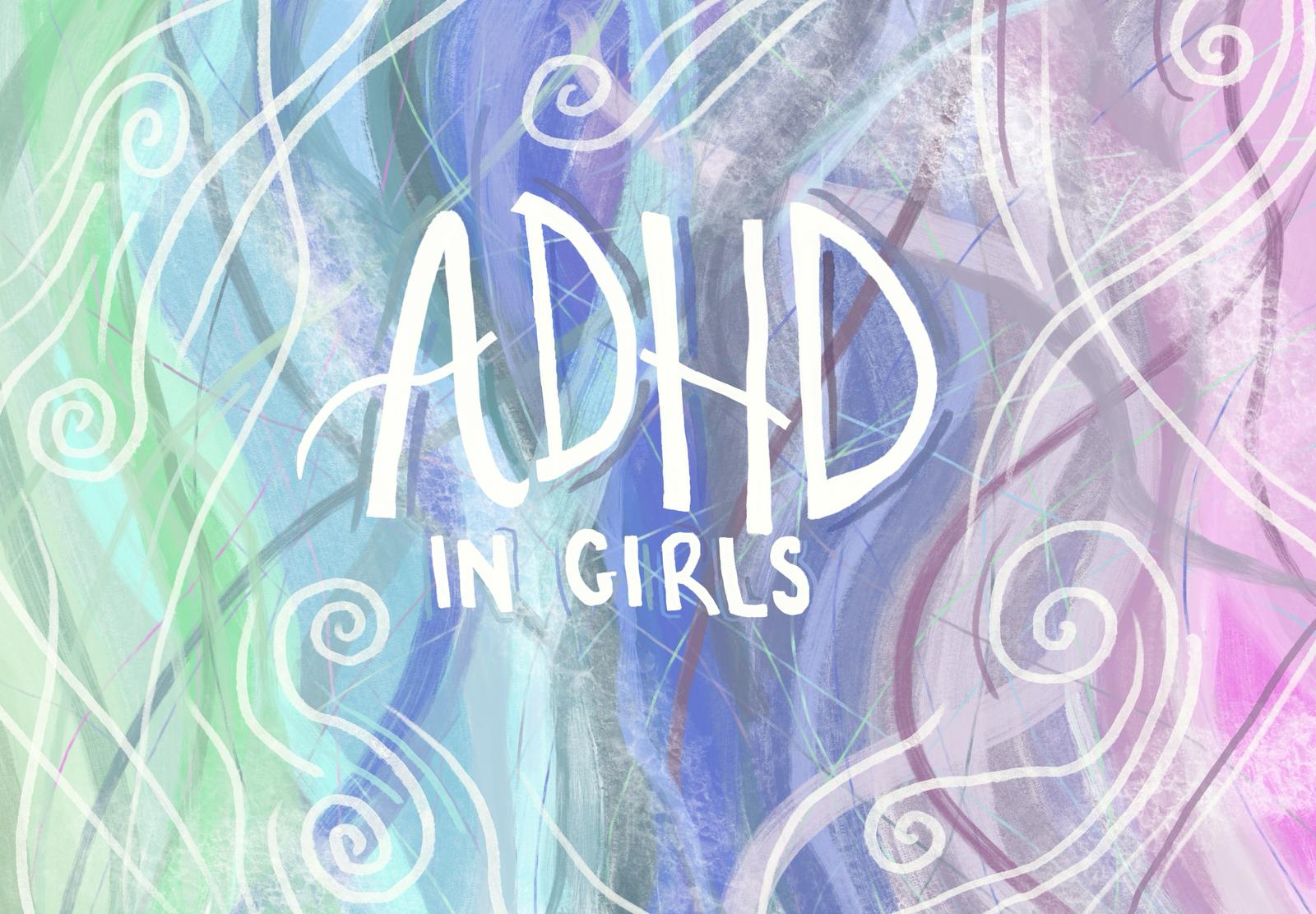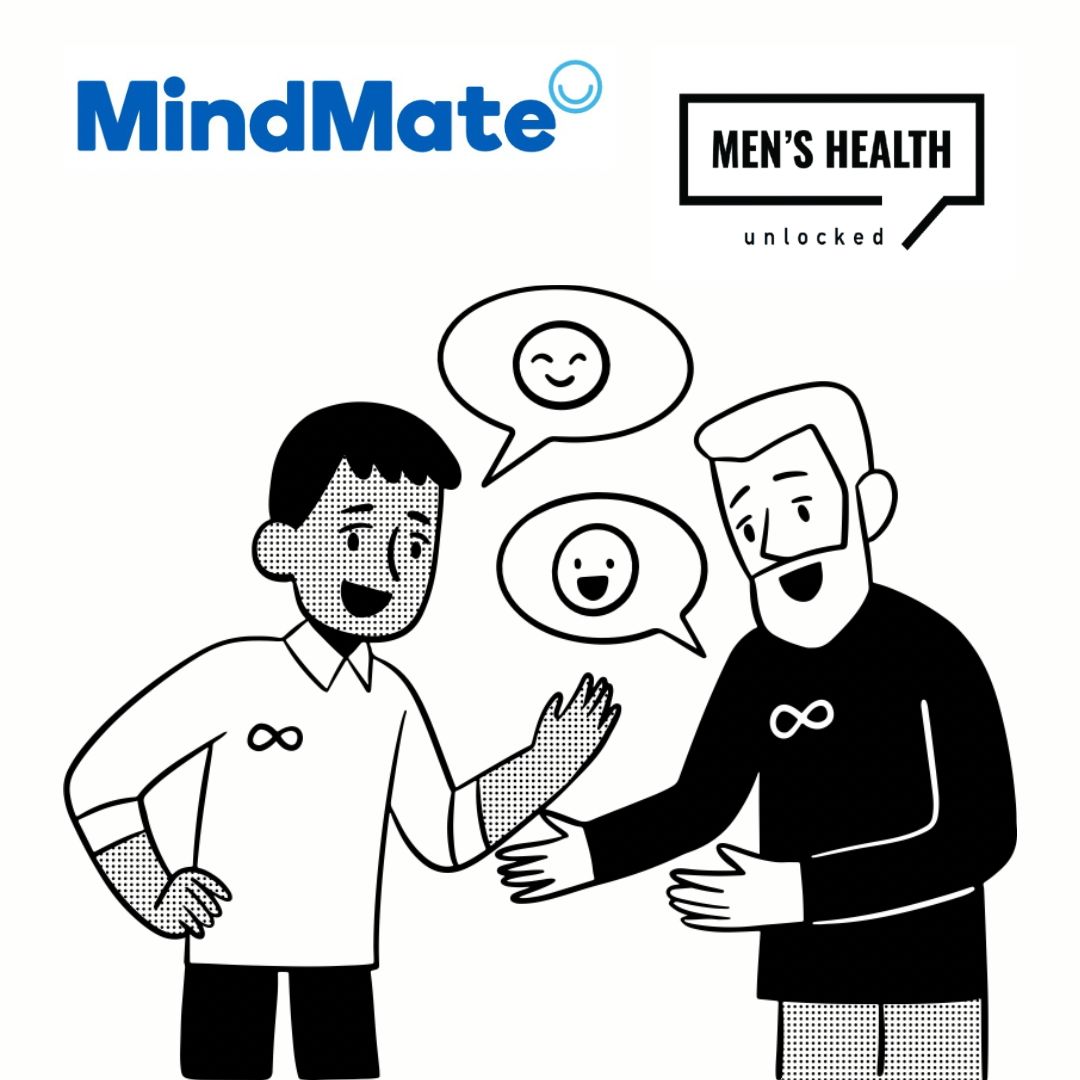ADHD in girls
When you imagine a person with ADHD, you think of someone who is always late, forgetful, unorganized and outgoing – or at least I did. There is absolutely nothing wrong with these traits, however, they are the complete opposite to who I am.
You can imagine my confusion when on a random Monday afternoon my therapist asked whether I had ever thought about an ADHD diagnosis. I’ve had a lot of queried diagnoses in the past – from OCD to Autism, but ADHD? I had never even considered that thought. Even for some time after, it still made no sense to me.
I did what the average human does and embarked on an intense research session. I googled ‘symptoms of ADHD’, cross referenced them to my brain, however I was just left confused. Some traits I could kind of see within myself. Yes, I often have trouble concentrating, I fidget a lot and sometimes I can talk for hours on end – however, most ‘symptoms’ made no sense to me. I am meticulously organized, I am always early (often far too early), and every action I make is strategically planned out in my head.

Lack of awareness
It was only when I typed into google ‘ADHD symptoms in girls’ when things started to make sense. Nevertheless, the fact that I had spent hours researching and only when I specified the gender that things started to make sense is pretty messed up!
Something that shocked me in particular was the fact that there’s an increased risk of developing mental health difficulties which tend to be diagnosed before the ADHD diagnosis. It’s quite a sad thought, right? If I think about my own experience with being diagnosed, I will often question if I had received that diagnosis at a younger age and received support for it then, whether the pain I endured due to my mental health difficulties could have been prevented. Anyway, I’ll talk more about that topic in a blog all about receiving a late ADHD diagnosis. For now, I want to give some more insight into the gender bias when it comes to people’s perceptions of ADHD.
Perfectionism
A trait I believe is common in most women, however it is often intensified when it comes to women with ADHD. Google defines this as “a person who refuses to accept any standard short of perfection”, it may mean something different to you though. You’ll find it’s often used as a coping mechanism for the symptoms such as inattention and impulsivity out of fear for failing. On the other hand, you’ll find that people will procrastinate to also avoid that fear of failing. Either way, the thing that remains is the constant feeling that they need to prove that they’re good enough – regardless of how detrimental it may be for their mental and physical wellbeing.
In hindsight, I can see that my mental health difficulties seemed to stem from a place of striving to be “perfect”. I know it may be cliche, but I now know that there is no such thing as “perfect”. It’s a goal that will never be reached, despite how many times your brain will tell you it can be. Still to this day, I’m terrified of screwing up and because my brain is in a constant state of chaos, I will often find I still resort to either perfectionism or procrastination.
Prior to my ADHD diagnosis, professionals such as psychologists queried if I had Obsessive Compulsive Disorder. This was due to the persistent need I had to “always be in control”. Ever since I was young, I had these rituals. At the time, I didn’t see it as a ritual though, in my head I was part of a game show and if I successfully completed the “challenge” I would win a “prize”. For instance, I believed I needed to brush my teeth for a certain length of time with a specific technique to make sure that someone would play with me in the playground at lunch that day. It may sound silly to some, but I was so anxious and fearful of failure that these routines brought me some peace of mind. As I grew older, in times of stress these rituals would become far more intense, but, they helped to soothe me. I’ve since learnt that this is a very common thing for people with ADHD and yet again it stems from that negative self image and desire to be “perfect”.
Social situations
I’ve always found interacting with new people difficult. I get so in my head worrying about what they’ll think of me that I shut off. In social situations I would find myself copying the actions of others to try make myself “fit in”. Sometimes I’d end up forgetting how to have a “normal” human conversation. As I have grown older, I have really had to push through that fear in order to achieve the goals I have. The great thing is, it’s never been as scary as my brain has made it out to be. “People are just people, like yourself”.
Puberty
Puberty can majorly impact girls who have ADHD. Puberty in general isn’t a pleasant time, however, when there’s so much pressure from school and stress about the changes happening to your body, things are bound to become more difficult. It’s also shown even after you’ve left school, the lack of routine can intensify symptoms. With all of the stress, the fear of failure will kick in again, the important thing is to know how to manage this. I will be writing another blog about managing ADHD and what works for me, but everyone is different and you’ll eventually find the things that work for you!
Heightened emotions and hormones
Emotional dysregulation is very common for those with ADHD so when it comes to the menstrual cycle, premenstrual syndrome is intensified. All those negative emotions that linger in your brain before you’re due on get taken to the next level. Before receiving my ADHD diagnosis, myself and others would question if I had PMDD – a much more severe version of PMS. When emotions with ADHD are heightened anyway, the menstrual cycle is bound to majorly impact this.
I know reading this, it seems like there’s a lot of negatives to ADHD, but in all honesty I’ve grown to really like my quirky brain. I am constantly producing new ideas, whether it’s things to make, activities to do or goals to achieve. I love how I’m always able to find laughter in things, or make others laugh with the silly things that my brain creates. I hyperfocus on things, whether it’s a hobby or a type of food, I think it’s incredible to enjoy something so much that it seemingly needs to be done everyday! Finally I’m grateful for how resilient it’s made me. Having to overcome these barriers that others may find “easy” is a difficult thing to do and it requires a lot of courage!

